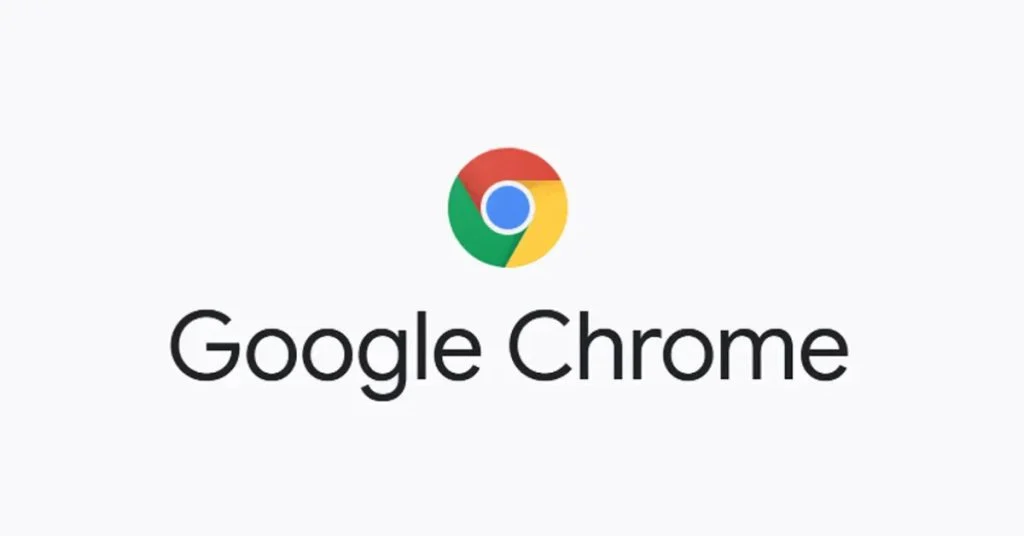First you need to understand what cookies are. In computer science, this is a data set containing information about the user to facilitate his interaction with this or that site. For example, thanks to cookies, we can provide permanent authorization on social networks without having to log in every time the page is opened. They store various useful settings that we choose on the site, information about us, our habits, devices, location, system language and much more. All this makes it possible not only to identify a unique user, but also to understand his preferences. It is clear that this type of information is extremely useful for advertisers; They are willing to pay large amounts of money to learn how to better target their ads to the user.
Google against cookies
According to the plan, the company begins testing the rejection of cookies in favor of its own new technology in early January, with the aim of completely disabling cookies in the second half of 2024. The company is accused of only caring about its own profits and profits rather than caring about the security and privacy of users.
As of January 4, sites’ access to third-party cookies is restricted by default for a small percentage of Chrome users. If you’re randomly selected for a tracking protection trial, Google will notify you when you open Chrome on your computer or Android. If Chrome detects problems while browsing, you’ll be asked to temporarily enable third-party cookies for the site.
![]()

Notification / Google Photos will look like this
Google is working to eliminate the need for cookies in the Chrome browser starting in 2020 and will eventually implement this idea in its Private Sandbox initiative. The company’s general idea is to share anonymous page view data with advertisers; Advertisers can use APIs provided by Google to conduct their advertising in ways that better protect user privacy. The “Topics API” was made available for developer testing in July and became available to Chrome users in September.
Google’s approach to cookie-free advertising appears beneficial to both privacy-conscious users and advertisers in general, compared to other browsers that take stricter approaches to blocking tracking. This can be called a kind of middle step if the company finds a compromise between the positions of the user and the advertiser.
But Google’s rivals and privacy advocates aren’t entirely convinced by the cookie-switching technology. Advertisers themselves, whose annual market is estimated at $600 billion, are also opposed. They say they are not ready for such changes yet. Their work has been going on for years and focuses specifically on the use of cookies. They need time to adapt and learn how to use new technology. People who suddenly lose access to cookies but have not yet learned how to use the new method will lose significant income.
Meanwhile, regulators such as Britain’s Competition and Markets Authority (CMA) are monitoring Google’s new tracking protections to make sure it doesn’t give the company an unfair advantage when selling its own ads.














